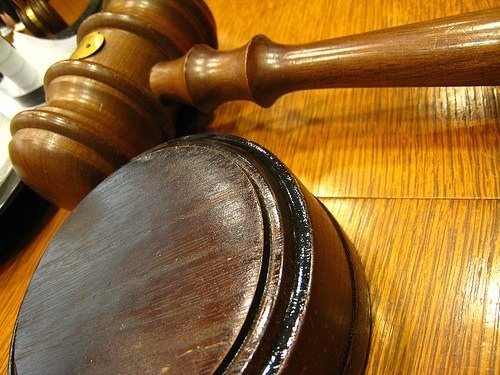For the second time in the last 6 months, a Chinese court has found Apple to be liable for the sale of unlicensed works distributed through the App Store. Back in September, it was ordered to pay $82K for the violation, and this time it’s double that.
A judge from Beijing’s Second Intermediate People’s Court on Thursday ordered Apple to pay 1.03 million yuan, or roughly $165,000, to a group of writers who claimed their work was pirated, repurposed as an app and sold through the App Store…
The Wall Street Journal reports (via AppleInsider):
“A Beijing court ordered Apple Inc. to pay 1.03 million yuan, or about $165,000, to a group of local writers who said the U.S. gadget maker sold unlicensed copies of their books online, according to state media.
The state-run Xinhua news agency said Thursday that the Beijing No. 2 Intermediate People’s Court ordered Apple to pay the money to eight Chinese writers and two companies for violating their copyrights.”
It’s hard to see how Apple could be charged with selling unlicensed material in its App Store. After all, it requires all developers to sign an agreement saying they have the rights to the material in their apps before submitting them. What else can it do, check every app for copyright infringement?
That being said, Apple does take a 30% cut of each app sale. So since it’s making money off the sale of unlicensed content, it seems only right that it should share in the punishment. In a statement to The Wall Street Journal, an Apple spokesman said:
“Our employees take copyright infringement complaints very seriously and we’ve been receptive to the input it has received from writers’ groups. We’re always updating our service to better assist content owners in protecting their rights.”
Apple appealed the $82K September decision back in November, and we see no reason why it wouldn’t do the same this time around. Again, these fees are just chump change to the Cupertino company, but the ramifications of the rulings could impact its vital app ecosystem.
What do you think, should Apple be liable for apps that contain unlicensed content?
